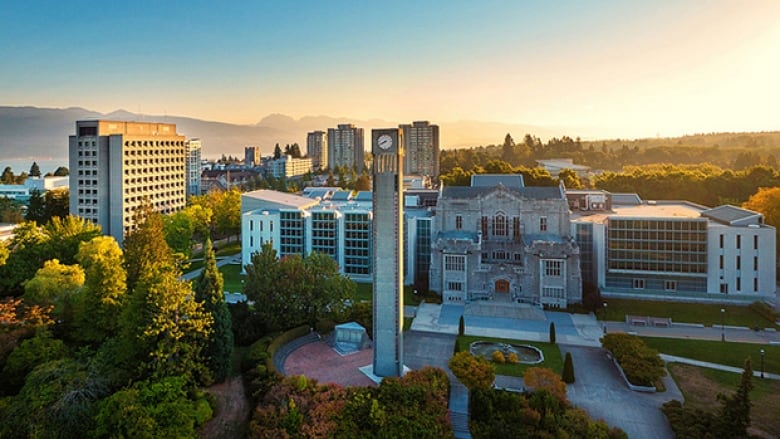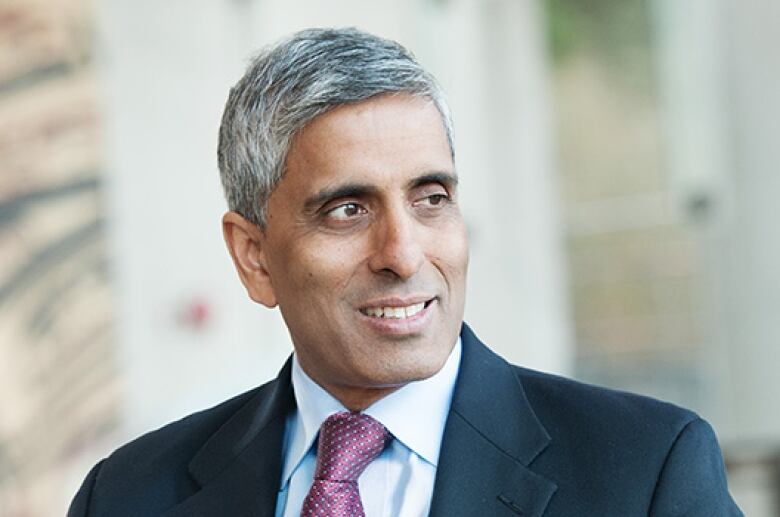UBC Faculty Association holds vote of 'no confidence' in UBC board of governors
More than 450 faculty have signed petition calling for vote, to be held after Tuesday meeting

The University of B.C. Faculty Association is holding a vote of "no confidence" in the university's board of governors, following a petition circulated by three academics and signed by more than 450 faculty.
The faculty association, a union representing more than 3,200 members, held a special general meeting at UBC's Vancouver and Okanagan campuses Tuesday afternoon to discuss and vote on this motion:
- "Be it resolved that the Faculty Association of the University of British Columbia has no confidence in the University of British Columbia Board of Governors."
The vote results will not be legally binding on UBC, but the university is still watching the proceedings closely, said Philip Steenkamp, UBC vice president of external relations.
"The university administration and the board obviously take seriously the views of all members of the university community, including the faculty association."
One of the motion's sponsors, Jonathan Ichikawa, hopes that if the vote passes, UBC will be compelled to act.
"Certainly our hope is that a university recognizes that it can't operate with governance that does not have the confidence of its faculty," said the associate professor of philosophy.
'Culture of fear' after Gupta resignation
The petition is the latest move in the ongoing turmoil following former UBC president Arvind Gupta's sudden resignation last summer.

In October, a reportfound the university failed to protect the academic freedom of a professor who suggestedGuptamight have lost a "masculinity contest" withUBC'sleadership.
"I was very concerned to see board members exercising their power and influence in an attempt to get faculty members to stop speaking about what happened," said Ichikawa on Tuesday.
Following that report, chair John Montalbano resigned from the board of governors, but Ichikawa said there remains a "culture of fear" at UBC something he observed while circulating the petition for the no confidence motion.
"I spoke myself to many faculty members who were afraid to sign it publicly, so some people signed i t anonymously, some people weren't willing to sign it at all because they were afraid,"he said.
"It's clear tome that we have an academic freedom problem at the University of British Columbia."
The university said any claim that academics could suffer professional consequences for speaking out is not true.
"Categorically, there is no such culture and there's no such actions," said Steenkamp.
"We have an active duty to protect and promote people's academic freedom so if people are feeling harassed or bullied or silenced, that is something we need to pay attention to," he said on both sides of the debate.
Time to 'move on,' says one prof
Steenkamp pointed to an op-ed written by Sauder School of Business professor James Tansey, imploring faculty to "move on" and describing the petition as part of a campaign by friends of Gupta.
Ichikawa said he wasn't motivated by Gupta leaving, but by the board of governors more generally.
"There is a widespread perception that the board of governors is treating the university as if it were a corporation, instead of being something like a public institution that's dedicated to education and research." he said.
UBC continues to search for a new president that it hopes to name by June 30, which is "the most important task at hand," said Steenkamp. Former president Martha Piper is serving in the interim.
"There was a failed presidency last year ... obviously an unfortunate event but what which you have to deal with and then move on," he said.
He said the university intends to learn from the past and improve governance in the process.
"The university is a very big place. This in some ways is a bit of a tempest in a teacup, but it's important and it's significant and we have to deal with it."












_(720p).jpg)


 OFFICIAL HD MUSIC VIDEO.jpg)
.jpg)



























































































